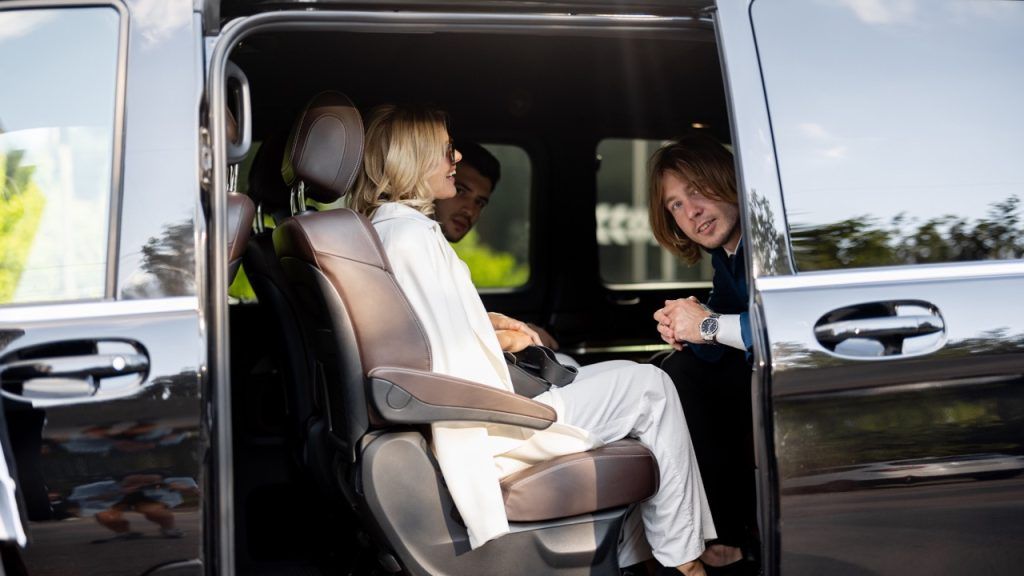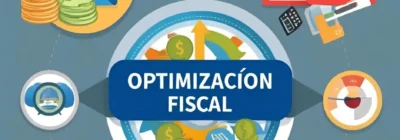Deductible Personal Income Tax Expense of a Mixed Vehicle: All You Need to Know
Patrick Gordinne Perez2023-12-23T07:05:33+00:00The personal income tax deduction refers to the possibility of subtracting certain expenses incurred during the financial year, including expenses related to the use of a mixed vehicle. This means that part of the expenditure incurred in the acquisition, maintenance and use of the vehicle can be deducted in the tax return.
If you are an individual entrepreneur and you wish to purchase a vehicle for your activity, you should be aware that the tax authorities make it very difficult to deduct the expenses related to its acquisition and use (depreciation, repairs, fuel, registration tax, insurance, parking, etc.).
Be careful! In general, for these expenses to be deductible for personal income tax purposes, the vehicle must be used exclusively for the activity, which is very difficult to prove.
Deductible expenses for personal income tax on a vehicle
However, in some cases the law allows the deduction of expenses for certain vehicles even if they are used privately on unusable days or at unusable hours. In particular, the following:
Vehicles used to transport passengers for a fee (taxis, those used by car hire companies, etc.).
Driving school vehicles and those used by employers acting as commercial representatives or agents.
Lastly, and very importantly, vehicles which, according to their technical data sheet, have the character of “mixed” because they are intended for the carriage of goods and passengers.
What is a Mixed Vehicle?

Mixed vehicles are vehicles for the transport – whether or not simultaneous – of goods and persons (up to a maximum of nine), in which the load can be partially or totally replaced by persons through the addition of seats.
They are colloquially called “vans”, although a pickup truck is also considered to be a mixed vehicle.
Requirements to Consider a Vehicle as Mixed and Deductible for Personal Income Tax purposes
According to the Treasury’s criteria, for a mixed vehicle to qualify for this more flexible personal income tax treatment, it must also be used for the transport of goods purchased to be sold (which is what the Treasury considers to be goods).
Attention! However, this is debatable, as this requirement does not appear in the IRPF regulations.
If you find yourself in such a case, argue that the concept of goods is broader, and that mixed vehicles transporting tools, utensils or materials to be transformed or used on a construction site are also eligible for a deduction.
Thus, for example, the courts have recognised this right for a van that was being used by a professional registered in the activity of electrical installations in general.
Although the tax authorities only allow the deduction of expenses for mixed vehicles transporting goods for sale, a broader interpretation is possible.
Type of Deductible Expenses in Personal Income Tax for a van
Within the scope of Personal Income Tax (IRPF), there are a number of deductible expenses for owners of mixed vehicles. These expenses can be considered as part of the costs necessary for the development of professional or business activities.
One of the main deductible expenses in mixed vehicles is the fuel used during the exercise of the economic activity. It is important to keep detailed and accurate records of expenses related to petrol or diesel used exclusively for business purposes, as only these can be considered as deductible.
In addition to fuel, other expenses related to vehicle maintenance and repairs may also be considered deductible for personal income tax purposes. This includes services such as oil changes, mechanical or electrical repairs, as well as any other type of maintenance necessary to ensure the proper functioning of the vehicle.
On the other hand, compulsory insurances are also considered as deductible expenses in mixed vehicles. This includes both compulsory civil liability insurance and any other additional insurance necessary to cover possible risks associated with the use of the vehicle in professional activities.
It is important to note that all these expenses must be duly justified and supported by invoices or other valid documents. In addition, it is advisable to have specialised professional advice to ensure that you comply with all tax regulations and make the most of the available deduction opportunities.
Necessary Documentation to Justify Deductible Vehicle Expenses for Personal Income Tax Purposes
When it comes to justifying the deductible expenses of a mixed vehicle for personal income tax (IRPF) purposes, it is important to have the appropriate documentation. This documentation will serve as support to prove that the expenses incurred are directly related to the professional use of the vehicle.
Among the documents needed to justify these expenses are invoices for fuel and vehicle maintenance. These invoices should be in the taxpayer’s name and contain detailed information on the services or products purchased.
In addition, it is essential to keep a vehicle logbook in which all journeys made are recorded, indicating the date, destination, reason and kilometres travelled. This book must be regularly updated and kept up to date in order to properly support deductible expenses.
It is important to note that the Tax Agency may require this documentation in the event of a tax review or audit. Therefore, it is essential to keep these documents for at least 5 years, which is the period established by law.




